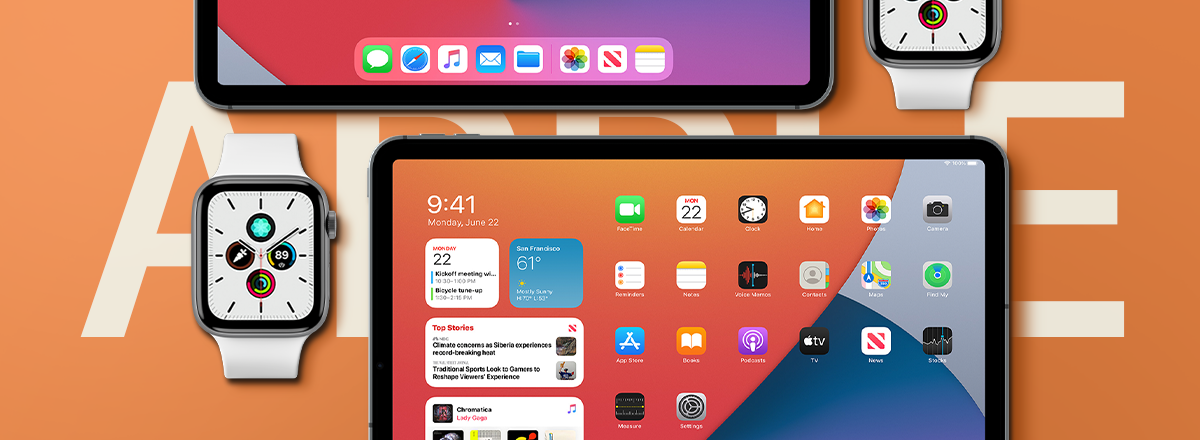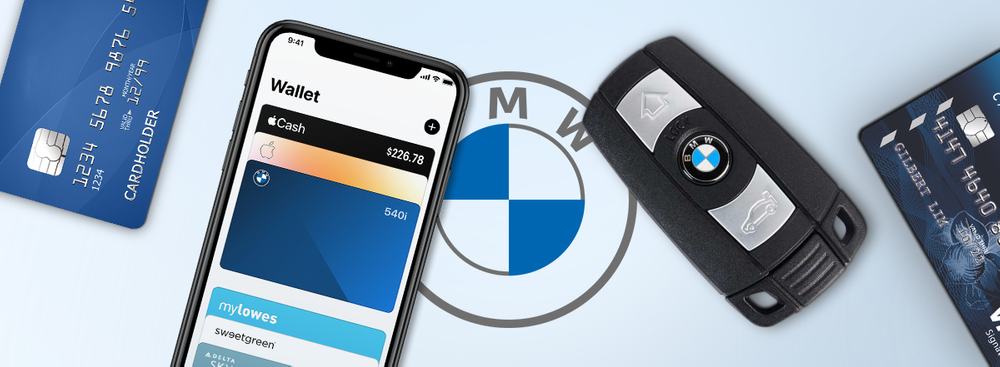Apple has announced the launch of its new Car Key feature. It allows you to use your iPhone to unlock your car wirelessly.
The Car Key function is part of the new version of Apple’s operating system – iOS 14. NFC technology is used for its operation. The first car to support this feature is the new BMW 5 Series in the 2021 lineup, which will be presented next month.

At Worldwide Developers Conference, Apple also said it was working on an industry-standard that would use the new U1 ultra-wideband chip instead of relying solely on NFC.
To unlock your car wirelessly, you'll need to pair your iPhone or Apple Watch with a car that supports Car Key. Then you will need to bring your Apple device to the NFC reader. Before unlocking, you will need to authenticate using Face ID or Touch ID. Also, the user will be able to set the Express Mode, which allows you to skip biometric authentication.

Also, the user will be able to share access to the car with other people through iMessage. Apple claims that this feature will be supported in iOS 13.
Other automakers already offer digital keys with similar capabilities, but they provide separate apps, whereas Apple directly built it into iOS.
Car Key may use the Digital Connect Release 2.0 specification of the Car Connectivity Consortium, which was officially completed in May.
SK Yong, manager of wireless technologies and ecosystems at Apple, said: "The specification leverages Near Field Communication (NFC) technology for contactless communication between smartphones and vehicles, and supports a scalable architecture for mass adoption while reducing costs."














